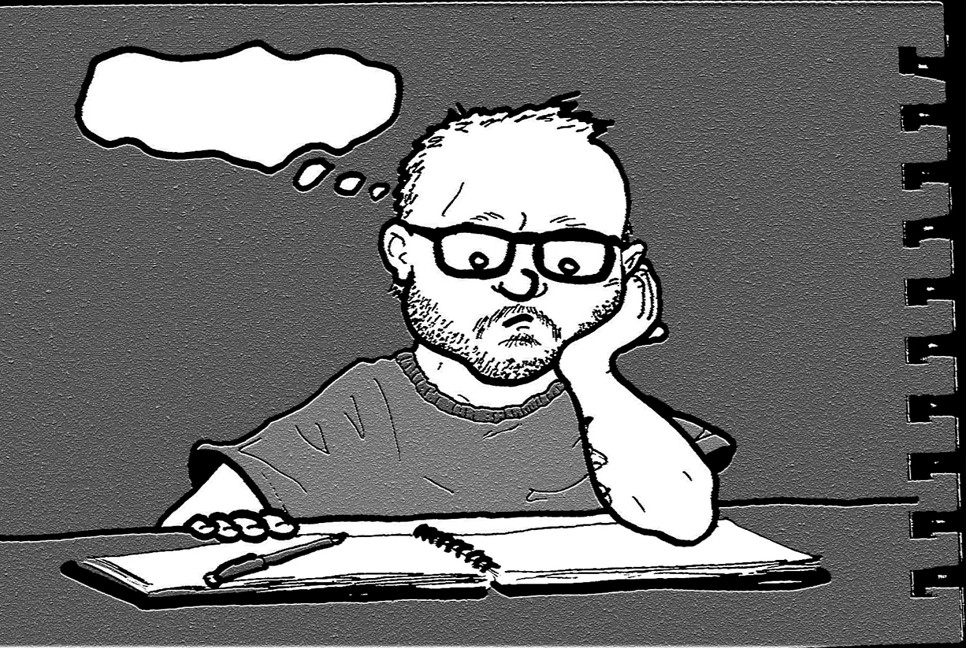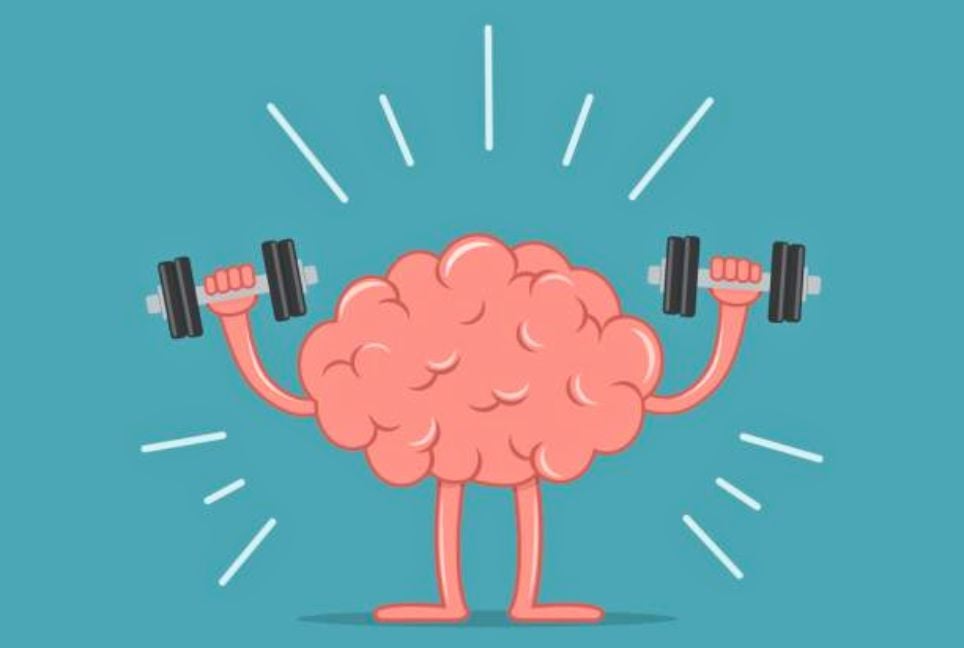Everyone has felt it — the anxiety that comes with staring at a blank page, not knowing how to start or continue a project.
Writer’s block can be a common hurdle during any writing project — from creative works, to research papers, to business presentations.
“The most intimidating thing for anyone is a blank page,” says Deirdre Egan, associate director of the University of Iowa’s Writing Center.
“It can trigger anxiety, especially as the deadline approaches and if you’ve been procrastinating. But it’s important to recognize that all writers have off days, days when they feel stuck or uninspired. It’s a myth that great writers are people who write all the time, easily and without difficulty. Writing is a skill to develop and make stronger, like a muscle, and the more you can make it part of your regular routine, the less likely it is to become stressful.”
If you find yourself stuck, consider these tips to help you overcome your block and make a great project.
Write on a frequent schedule
Writing every day might not be realistic for you, but trying to do so — or even every other day — will keep you in the habit of getting words to flow.
Setting aside time to write — even a short amount — at the same time every day is important as well, to get your brain in the writing mood.
“Write regularly,” Egan says. “It doesn’t have to be a certain number of words or pages. It can be jotting down a few ideas or making notes. But if you set aside time to work on your writing project, even just for 30 minutes every day, your brain remains engaged, and you’ll come up with new ideas and connections even when you’re away from your computer. There are often priorities that feel more urgent, and some of them, like teaching, you can’t push off. But it is important to create a protected writing time, especially if you want to publish and when you’re not collaborating with other writers or researchers. It’s a way to hold yourself accountable.”
Talk about your ideas
Having a conversation with someone about your ideas is a good way to get your brain turning when you are stuck. This can help you generate ideas, make connections, and can raise questions you hadn’t thought of.
If questions about a project are preventing you from getting started, working through them with another person can be a great way to brainstorm new ideas.
Simplify your tasks
One thing that might be stopping you from writing is thinking about how big the project seems. Breaking it down into simple tasks that you can check off a to-do list can make a project seem more manageable.
“Then you can see your progress and that helps keep the momentum going,” Egan says. “Keeping goals small and manageable will help. Also, you don’t have to write linearly –—you don’t have to start at the start. The best advice I ever got was to write in chunks and to start every writing session with whatever part of the project feels the easiest.”
Record yourself talking about the project
If you don’t have another person to talk to about your project, talking to yourself can help you sift through your ideas. Record yourself talking about everything related to your project. Then listen to it back and see if it sparks an idea.
Many smartphones can convert voice to text. Using that feature puts words on a page for you, making a completely blank page less intimidating.
Write down a list
Generating more ideas than you need can only help you during the writing phase of a project. If you get stuck, create a list of everything you think about the topic or project you’re working on.
Once you have a list, see what ideas work best for the project and how they could be linked together. From there, you can start outlining a draft or plan to refer to while writing.
Read
The more you read, the better writer you become. Reading different things, including projects with a similar structure and goal of your own, can help you picture what you want to do.
“Reading is vital to writing,” Egan says. “Read a lot. The more you read, the more easily you’ll understand the rules and conventions of different kinds of writing, as well as the endlessly creative and authentic ways that people find to express their thoughts.”
Source: now.uiowa.edu
Bd-pratidin English/ Afia





































































